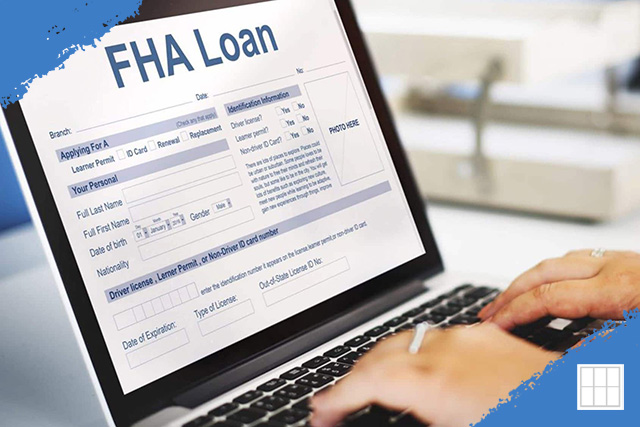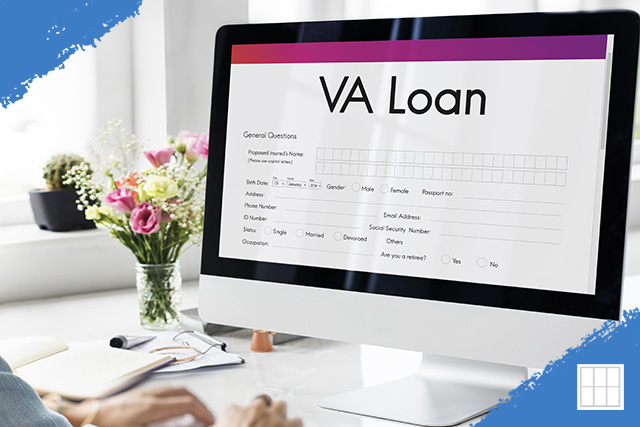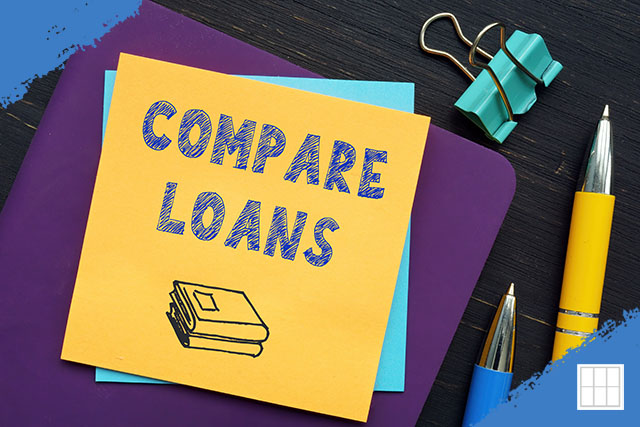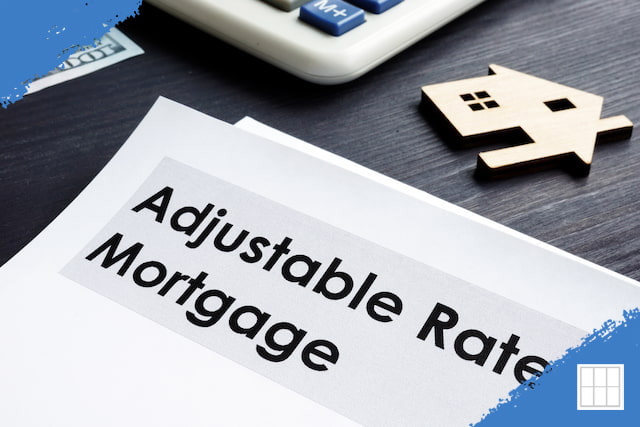VA mortgage loans offer a unique chance for veterans and active-duty military to own a…

FHA vs. Conventional Loans in Kansas City: A Comprehensive Comparison
If you’re planning to buy a home in Kansas City, choosing the right mortgage is a critical decision. Two popular loan options in Kansas City are FHA loans and conventional loans, each with unique benefits and drawbacks.
This guide compares FHA and conventional loans, helping you decide which is best for your financial situation and homeownership goals. We’ll also highlight how Metropolitan Mortgage Corporation, a trusted local lender, can assist you in navigating the homebuying process.
What Are FHA Loans?
FHA loans are mortgages insured by the Federal Housing Administration (FHA), designed to make homeownership accessible for first-time buyers and those with low-to-moderate incomes. They offer lenient eligibility criteria, making them an attractive option for many.
Key Features of FHA Loans
-
Low Down Payment: Requires as little as 3.5% of the purchase price, ideal for buyers with limited savings.
-
Flexible Credit Requirements: Borrowers with credit scores as low as 580 can qualify with a 3.5% down payment; scores between 500-579 may qualify with a 10% down payment.
-
Loan Limits: FHA loan limits in Kansas City vary by county and may restrict borrowing for higher-priced homes.
Pros of FHA Loans
-
Low down payment makes homeownership more accessible.
-
Lenient credit score requirements accommodate a wider range of borrowers.
-
Suitable for low-to-moderate-income buyers.
-
Easier to qualify for compared to conventional loans.
Cons of FHA Loans
-
Mortgage Insurance Premiums (MIPs): Required for the life of the loan in most cases, increasing monthly payments.
-
Loan limits may not suffice for expensive properties.
-
Higher long-term costs due to MIPs.
-
Not available for certain property types, such as fixer-uppers or investment properties.
Learn more about FHA loans to see if they’re right for you.
What Are Conventional Loans?
Conventional loans are not backed by any government agency, making them a more traditional mortgage option. They often require stricter eligibility criteria but offer greater flexibility for qualified borrowers.
Key Features of Conventional Loans
-
Higher Down Payment: Typically requires 5-20% of the purchase price, though 3% down options exist for certain programs.
-
Stricter Credit Requirements: Generally requires a credit score of 620 or higher, with better terms for scores above 700.
-
No Mortgage Insurance with 20% Down: Avoids private mortgage insurance (PMI) if the down payment meets or exceeds 20%.
Pros of Conventional Loans
-
Flexible loan terms (e.g., 15, 20, or 30 years) and interest rate options.
-
No PMI with a 20% down payment, reducing monthly costs.
-
Available for a wide range of property types, including investment properties.
-
Potentially lower long-term costs compared to FHA loans.
Cons of Conventional Loans
-
Higher down payment requirements can be a barrier for some buyers.
-
Stricter credit and income requirements make qualification more challenging.
-
Less accessible for low-to-moderate-income borrowers.
-
PMI required for down payments less than 20%, increasing costs.
Explore Conventional Loan Options to learn more about eligibility and benefits.
FHA vs. Conventional Loans: Which Is Right for You?
Choosing between an FHA loan and a conventional loan depends on your financial profile, homebuying goals, and the type of property you’re purchasing. Here are key factors to consider:
-
Credit Score: If your credit score is below 620, an FHA loan may be easier to qualify for. Conventional loans typically favor borrowers with scores above 700 for the best rates.
-
Down Payment: If you can only afford a small down payment (3.5%), an FHA loan is likely the better choice. If you can put down 20% or more, a conventional loan could save you money by avoiding PMI.
-
Property Type: FHA loans have stricter property requirements and may not be suitable for fixer-uppers or non-traditional properties. Conventional loans offer more flexibility.
-
Long-Term Costs: FHA loans require MIPs, which can increase costs over time. Conventional loans may have lower overall costs if you avoid PMI or pay it off early.
-
Loan Amount: Check FHA loan limits if you’re considering an FHA loan, as they may not cover higher-priced homes in Kansas City.
For a deeper dive, read A Guide to Conventional Home Loans.
Why Choose Metropolitan Mortgage Corporation?
Metropolitan Mortgage Corporation is a Kansas City-based, locally owned mortgage lender with a reputation for personalized service and competitive rates. They offer a variety of loan programs, including FHA, conventional, VA, and USDA loans, tailored to your unique needs.
Benefits of Working with Metropolitan Mortgage Corporation
-
Personalized Guidance: Their team takes the time to understand your financial situation and homebuying goals, helping you choose the best loan option.
-
Competitive Rates and Fees: They strive to offer cost-effective solutions for Kansas City homebuyers.
-
Local Expertise: As a local lender, they understand the Kansas City housing market and can provide insights specific to the area.
Discover why they’re among the Best FHA Lenders in Kansas City.
Conclusion
Deciding between FHA and conventional loans in Kansas City requires weighing your financial situation, credit profile, and property goals. FHA loans are ideal for those with lower credit scores or limited savings, while conventional loans offer flexibility and potential cost savings for those with stronger credit and larger down payments. Partnering with a trusted lender like Metropolitan Mortgage Corporation can simplify the process, ensuring you find the right loan for your dream home.
Ready to take the next step? Contact Metropolitan Mortgage Corporation to explore your options and start your homebuying journey today.



